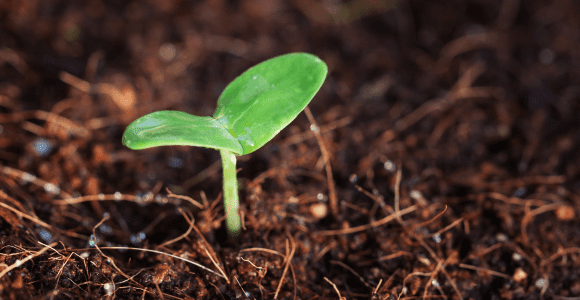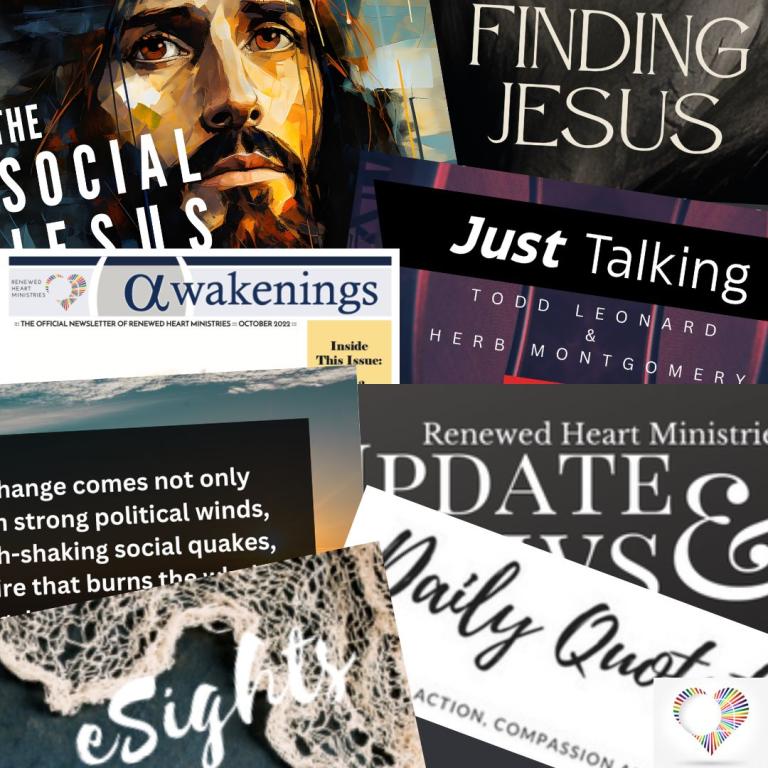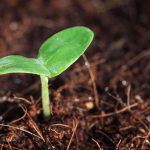
As we continue our consideration of holding hope against appearances, the book of Ezekiel also takes this common imagery and uses it to inspire hope in a promise to restore the nation of Israel:
“‘This is what the Sovereign LORD says: I myself will take a shoot from the very top of a cedar and plant it; I will break off a tender sprig from its topmost shoots and plant it on a high and lofty mountain. On the mountain heights of Israel I will plant it; it will produce branches and bear fruit and become a splendid cedar. Birds of every kind will nest in it; they will find shelter in the shade of its branches.” (Ezekiel 17:22-23, emphasis added.)
Welcome Readers! Please subscribe to Social Jesus Here.
(Read this series from its beginning here.)
Again, this imagery describes a world where everyone has enough to thrive and feels safe. Micah describes that world as one where:
Everyone will sit under their own vine
and under their own fig tree,
and no one will make them afraid. (Micah 4:4)
The gospels take all of this prophetic imagery and apply it to Jesus’ vision for a society (the gospels refer to it as the kingdom or the reign of God) where his justice teachings if followed would create a world where everyone had enough, no one is marginalized, and everyone is safe and thrives. The vision is centered in transforming our present world, not getting to heaven. It’s meant to inspire hope in those who were endeavoring to follow Jesus’ justice teachings when Mark was written for those within the Markan community.
I also love how the seed that causes this growth is a “mustard” seed. Mustard doesn’t grow into large trees where birds inhabit its branches and people sit for shelter. Jesus is using irony by describing a just and safe world being started form the most impossible of sources: a mustard plant. It’s unexpected, but there is also more.
In Jesus’ world, the mustard plant was not considered a plant but a weed. It was such a pervasive weed that, unless farmers were diligent in removing it from their fields, it would eventually take over the entire space. This nods to the way those in power viewed Jesus’ teachings of equity, justice, inclusion, and wealth redistribution prioritizing the poor as negative and something to be weeded out. Jesus and his teachings were not looked at as good news by this powerful, propertied, and privileged group. They viewed Jesus’s teachings and those who followed those teachings as a threat.
In the story, Jesus is eventually weeded out. He is crucified. But his teaching, like the mustard seed, still continue to grow and spread from the actions of his followers. This reminds me of how the late Peter Gomes described the gospel as not good news for everyone. It was good news to those in a certain social, political, and economic location, but deeply problematic for others.
“When the gospel says, ‘The last will be first, and the first will be last,’ despite the fact that it is counterintuitive to our cultural presuppositions, it is invariably good news to those who are last, and at least problematic news to those who see themselves as first.” (Peter J. Gomes, The Scandalous Gospel of Jesus: What’s So Good About the Good News?, p. 42).
This vision, again, is strikingly focused on changing our present world, not escaping it. And that leads us to the lessons in this week’s reading for our justice work today. We’ll consider those, next.
(Read Part 3)
Are you receiving all of RHM’s free resources each week?
Begin each day being inspired toward love, compassion, justice and action. Free.
Sign up at:
https://renewedheartministries.com/Contact-forms/?form=EmailSignUp














